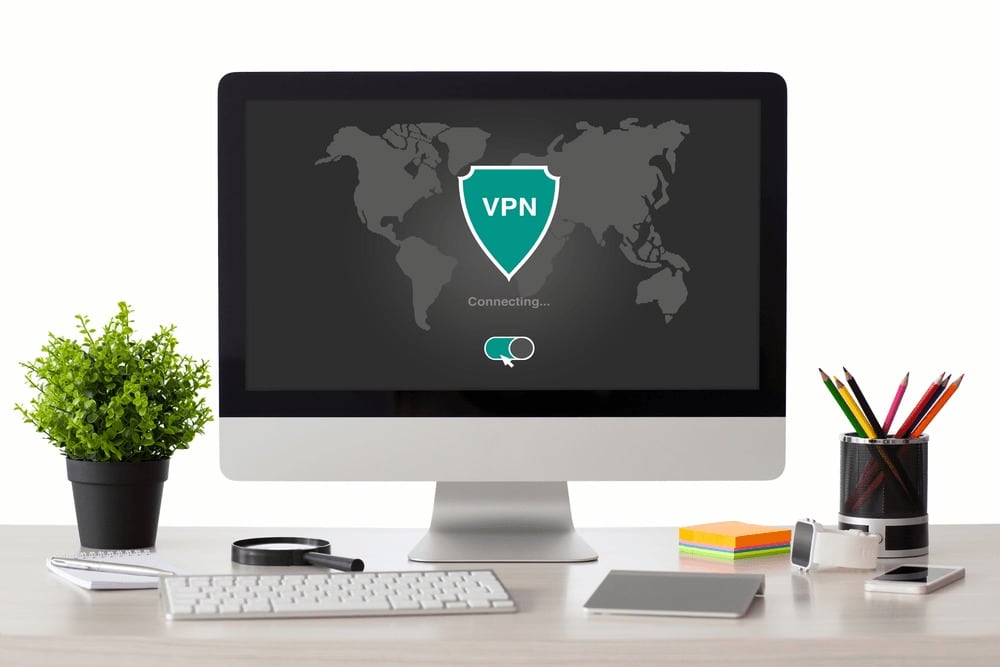Torrenting is an easy way to download music, movies, apps, and other digital goods through peer-to-peer file sharing. But it doesn‘t take much for your internet service provider to detect you‘re up to no good, my friend.
The copyright trolls are wise to the tricks of pirates — but not as wise as we are!
In this guide, I‘ll explain how ISPs identify torrenting traffic and suggest ways to keep your habits on the down-low in 2023.
How Do ISPs Know You Are Torrenting in the First Place?
When you use BitTorrent, you join a "swarm" of users uploading and downloading fragments of files from each other. To coordinate this, your client connects to torrent trackers – servers that manage the swarms.
This exposes your home IP address to the tracker. So right off the bat, your ISP can log that you‘ve accessed a torrent site based on the tracker traffic.
From there, internet providers have a few other sneaky ways to recognize you‘re torrenting:
- Deep packet inspection (DPI) – ISPs can peek inside data packets transmitting across their network, analyze the contents, and determine it‘s P2P traffic.
- Monitoring connection ports -Certain ports like 6881-6889 are commonly used for torrenting. An ISP noticing lots of traffic on those ports can conclude you‘re up to no good.
- Bandwidth usage spikes – Heavy downloading and uploading with torrents eats up data fast. Sudden surges in bandwidth are a dead giveaway.
- Throttling connections – Some questionable ISPs will intentionally slow speeds on suspected torrenters. If they throttle you and the large downloads suddenly stop, your jig is up!
According to a 2021 study by piracy watchdog firm MUSO, over half of torrent users received a warning from their ISP about copyright infringement. And 19% had their internet access restricted or terminated altogether!
So you can see why we need to tread carefully here.
Potential Legal Consequences of Illicit Torrenting
I want to be crystal clear — torrenting copyrighted material without permission is illegal. I do not advise or condone piracy in any way!
However, some torrenting falls into legal gray areas depending on your local laws. For example, many countries allow torrenting video games, software, or other digital goods if you own a legitimate license. Torrenting public domain content is also usually okay.
But getting caught pirating songs, movies, TV shows, books, and other clearly copyrighted stuff? That can bring severe penalties:
- Copyright holders like record labels, movie studios, and publishers actively monitor torrent networks. They log IP addresses and file civil lawsuits seeking damages up to $150k per pirated work.
- The Recording Industry Association of America (RIAA) alone sued nearly 80,000 people between 2003-2008 in these "copyright trolling" cases.
- You may also face criminal charges for willful copyright infringement. Penalties can include hefty fines and even years in prison depending on the scale.
- Countries like Singapore have outright banned P2P file-sharing. Many ISPs block or throttle torrent traffic. Fines can hit $10k+ and jail time is possible.
In other words, torrent carefully and legally, my friends! Now let‘s talk about how to cover your tracks…
5 Sneaky Ways to Hide Your Torrenting from ISPs
Take your pick from these battle-tested tips I‘ve gathered over the years:
1. Hide Your IP Address with a VPN
A virtual private network (VPN) is hands-down the most popular way to protect your privacy while torrenting.
When you connect to a VPN server, the VPN encrypts all outgoing and incoming traffic using protocols like OpenVPN or WireGuard. This creates a secure "tunnel" from your device to the server.
All your ISP sees is encrypted data flowing between you and the VPN server. Your real IP address and activity (like torrenting) are completely obscured.
Look for VPNs that:
- Offer reliable encryption, like AES-256 or CHACHA20.
- Have a strict no-logging policy and don‘t keep bandwidth logs.
- Allow P2P and torrenting traffic on their servers. Some block this!
- Have fast server speeds to avoid limiting torrent speeds.
- Offer apps for all devices like Windows, Mac, iOS, Android, Linux, routers, etc.
Top choices I recommend based on these criteria are NordVPN, Surfshark, and ExpressVPN. Each offers great speeds for torrenting, watertight security features, and budget-friendly pricing.
2. Torrent Anonymously Through Proxy Servers
A proxy server acts as a middleman between you and remote internet servers. Outgoing traffic routes through the proxy, concealing your real IP address.
For torrenting, look for SOCKS5 proxy providers like Oxylabs and Bright Data. They offer thousands of residential IP addresses perfect for P2P traffic.
With proxies, your ISP won‘t see torrent traffic coming from your home IP, making it much harder to detect.
3. Rent a Seedbox for Offsite Torrenting
For guaranteed anonymity, consider getting a seedbox – a dedicated torrenting server you rent monthly. You log into the server remotely and all downloads happen there, not on your home network.
Once complete, you then securely transfer the files from the server to your device. This takes your IP out of the equation entirely!
Popular seedbox providers include Seedhost, Ultraseedbox, and Feral Hosting. Look for ones based offshore, outside of US/EU jurisdiction. Expect prices around $5-20 monthly.
4. Add An Encrypted Tor Layer
The Tor network routes your traffic through multiple encrypted hops before reaching the destination server. This can help anonymize torrenting.
Simply route your client through the Tor network using the Tor browser bundle. However, Tor speeds are pretty slow, so I suggest only torrenting small files this way.
5. Customize Your Torrent Client Settings
You can dial up your privacy right in your torrent client‘s settings:
- Enable protocol encryption (PE) to encrypt P2P connections.
- Use IP blocklists to ban shady IPs and copyright trolls. Check out I-Blocklist.
- Limit upload slots to 2-5 to reduce your visibility on swarms.
- Lower your max upload speed to something like 5-10% of your max.
- Bind network interface to your VPN tunnel to prevent leaks.
I suggest qBittorrent, Deluge, or uTorrent for clients. Avoid sketchy ones like BitComet or uTorrent Web!
Other Ways to Stay Safe
Let‘s recap other need-to-know tips for safe, secure torrenting in 2023:
- Steer clear of public torrent indexes and stick to reputable private trackers instead. These have strict ratios and invite-only regs.
- Use a bandwidth shaper like NetLimiter to further disguise your heavy P2P usage from your ISP.
- Consider legal torrenting sites like LegitTorrens, OxRentals, and Isohunt that offer copyright-free content.
- Mask your overall internet usage, not just torrenting. Use encrypted DNS, block ads and trackers, enable HTTPS everywhere.
- Don‘t torrent without a VPN! An encrypted tunnel is the foundation of privacy for any sketchy activities.
- Limit torrenting on public Wi-Fi or mobile data where anonymity is weaker. Stick to home networks.
I hope these tips help you fly under the radar, stream that hot new show, and stick it to the man in 2023! Stay safe out there and happy (legal) torrenting!






